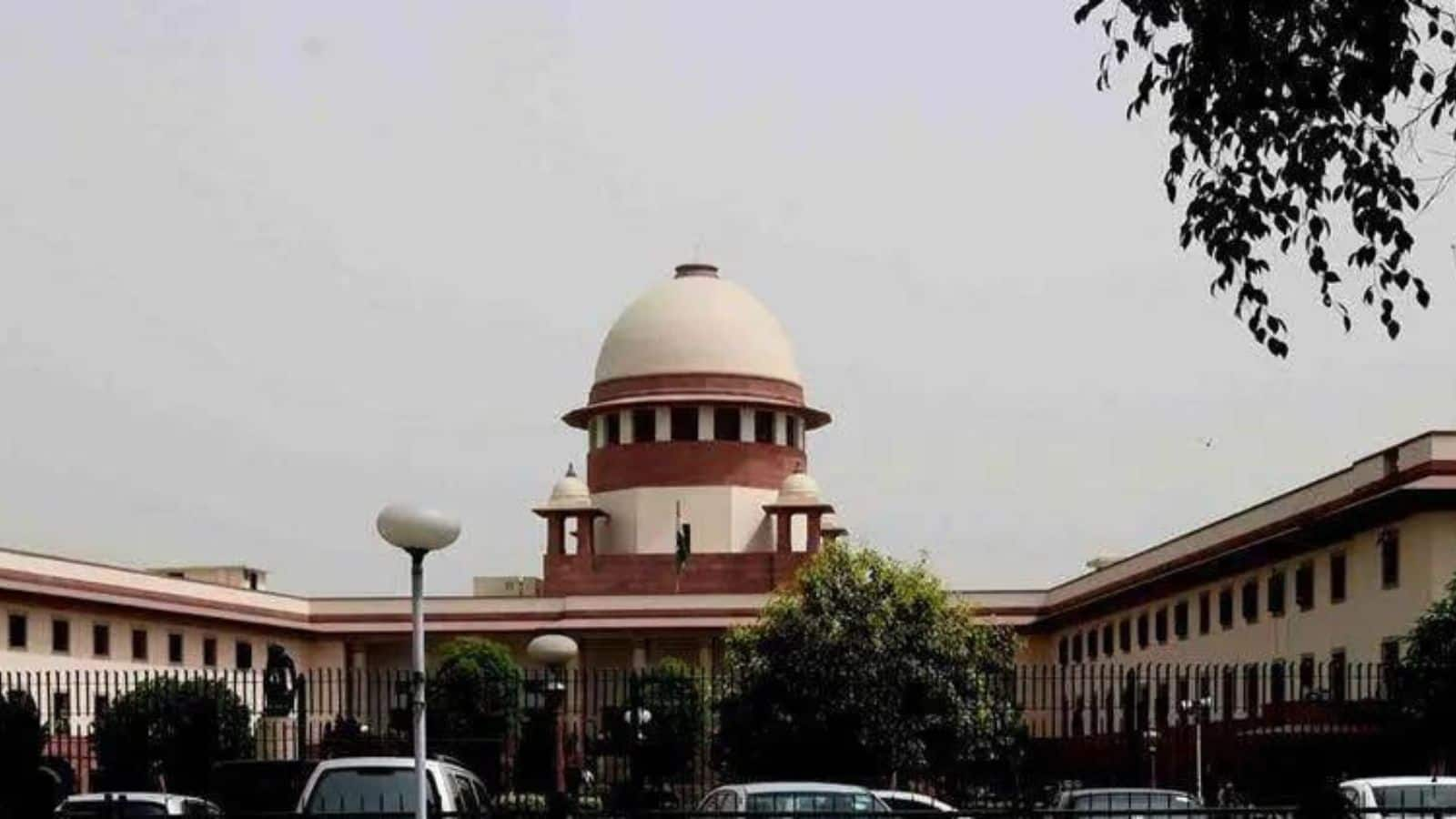
Services row: SC to consider listing plea of Delhi government
What's the story
The Supreme Court on Friday told the Delhi government that it will consider listing its appeal challenging the Centre's law establishing pre-eminence of the lieutenant governor over the elected dispensation in controlling services in the capital. A bench—including Chief Justice DY Chandrachud and justices JB Pardiwala and Manoj Misra—was approached by Advocate Abhishek Manu Singhvi, appearing for the Aam Aadmi Party government. Singhvi said that the whole administration has come to a standstill and the matter needed to be heard.
Context
Why does this story matter?
Ever since coming to power, the AAP has engaged in a tug-of-war with the L-G, appointed by the Centre, regarding the Delhi government's power-sharing arrangement. After an eight-year-long legal battle, the court restated the Delhi government's authority over administrative services. Following the defeat, the Centre introduced an ordinance to allegedly bypass the verdict. This ordinance was replaced by a bill which later became a law. Previously, the SC had directed a five-judge Constitution bench to examine the Delhi government's appeal.
CJI statement
Singhvi requests immediate attention to the issue
In response to Singhvi's request, Chief Justice Chandrachud stated that a case involving a nine-judge bench is currently underway and he will consider this request. Presently, the nine-judge bench, led by Chandrachud, is examining petitions related to private properties being classified as "material resources of the community" under Article 39(b) of the Constitution, which is a part of the Directive Principles of State Policy.
Power tussle
What does the law propose
The NCT Delhi (Amendment) Act, 2023 empowers the Centre to establish the National Capital Civil Services Authority (NCCSA) to control transfers/suspensions of officials. The chief minister will be the body's chairperson, the principal home secretary a member secretary, and the chief secretary a member. However, the final arbiter will be the L-G, who, along with the chief secretary and principal secretary, is appointed by the Centre.